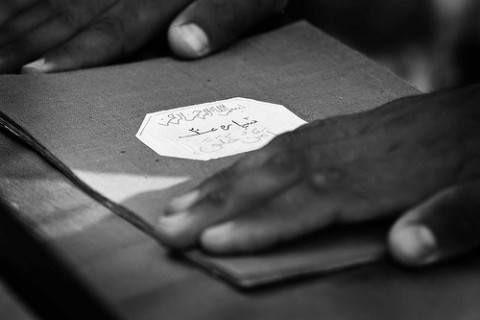A desecration

One would have assumed that after 11 years of deployment in Afghanistan, U.S. and NATO troops would have known better than to burn copies of the Qur'an. But the assumption has been proved wrong. In mid-February copies of the Qur'an and other Islamic texts were burned—inadvertently, U.S. officials say—at a U.S. military base north of Kabul. More than 30 people, including four U.S. soldiers, have been killed in the protests that erupted after the incident.
American Christians would be understandably outraged if they learned of Muslims burning the Bible. Muslims have an even greater reverence for their holy book. Omid Safi, who teaches Islamic studies at the University of North Carolina, notes that Muslims look at the Qur'an the way Christians look at Jesus. "In an Islamic universe . . . the word becomes not a person, but a book," he says. "For a Muslim to see the Qur'an burnt . . . it would look and feel like someone burning Jesus, or a crucifix."
Christians should at least understand and respect the way Muslims look at the Qur'an. Most Muslims have a higher regard for the Bible than most Christians have for the Qur'an. It is unlikely that a Muslim would ever burn a Bible.
President Obama was correct to apologize for the Qur'an burning, though the Republican presidential candidates criticized him for doing so. As commander in chief, he needed to take responsibility for the mistake and try to calm the situation.
The killing of two American military advisers inside what was thought to be the secure Interior Ministry may have been the most devastating result for the military. The killings called into question the mission of the coalition forces, which is to train the Afghan police and army so they can provide their own security after coalition forces withdraw.
The protests against the Qur'an burning aren't isolated breakdowns in relations with the Afghanis. The relationships between Afghan authorities and the coalition forces have been deteriorating. Ten of the 58 coalition forces killed this year were killed by their comrades in arms—that is, by Afghani police or soldiers. The burning and the subsequent protests could accelerate the withdrawal of U.S. troops and advisers. If that happens, it would be the silver lining in a culturally insensitive and unfortunate episode.





